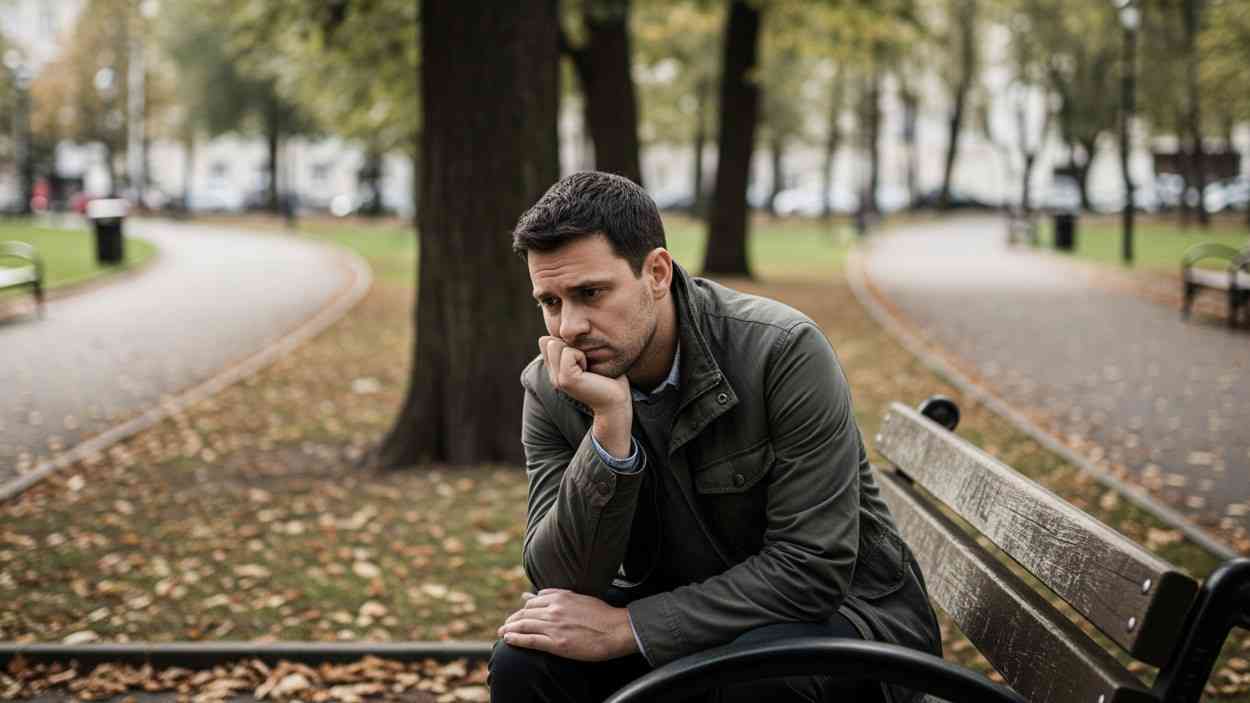Science
The Monk Who Saw the Future: Did an 11th-Century Benedictine Beat Astronomers?
17 February 2026

It's a familiar feeling: a decision was wrong, yet it's hard to backtrack. For years, scientists have tried to explain this paradox, and they've just released some surprising findings.
In a new study published in Psychological Science, researchers found that many people choose a longer, less efficient path to a goal instead of turning back and taking a shorter route. They do this even when backtracking would save time and effort.
This behavior, called “aversion to backtracking,” occurs in both physical and mental activities. Importantly, it doesn’t result from miscalculating costs, but from how people think about their past and future efforts.
Researchers from the University of California, Berkeley—doctoral student Kristine Y. Cho and Professor of Business, Joe Shoong, Clayton R. Critcher—tested whether people actually avoid backtracking even if it’s objectively better and why this happens. What influences this psychology of bad decisions?
You might like to read: Do You Keep Making Bad Decisions? It’s the Fault of a Certain Habit
Four different experiments included 2,524 adults from the United States. Researchers checked whether people avoid more effective strategies if they involve backtracking or starting a task over. They used both virtual navigation and cognitive tasks to test the phenomenon in various contexts.
The results were consistent: people consistently avoided options that required backtracking, even if those saved time. Only 31percent of participants chose the shorter route when it required turning back, compared to 56.7 percent when it did not. The same pattern appeared during the next test task.
“To directly test aversion to backtracking, we conducted a logistic regression where the frame change condition (backtracking or control) predicted the decision to change. As predicted, participants were less likely to change when the new task was framed as requiring backtracking […] than when it was not,” the study reads.
“The effect was so large that I initially suspected a data coding error. We checked everything multiple times, but the results were real and exceptionally strong,” explains co-author and doctoral student, Kristine Cho to the PsyPost portal.
Importantly, participants generally understood that the change would save time. Still, they preferred to continue if the change was described as discarding their previous work.
Researchers discovered that the source of aversion to backtracking is how people mentally interpret their efforts. When a change was framed as a step back, the previous work felt wasted, and the remaining effort seemed more burdensome. The effect was strongest when both elements were present: canceling past work and starting over.
“Our research shows that people often avoid backtracking, even if changing course would get them to their goal faster. This reluctance comes from the discomfort of ‘wasting’ previous effort. But in reality, failing to backtrack often leads to an even greater loss of time and energy. The key takeaway: progress isn’t always about pushing forward. Sometimes, the wisest thing to do is to step back, assess the situation, and choose a better path. Even if it means reversing what you’ve done so far,” summarizes doctoral student Cho.
The authors note that future research could test how aversion to backtracking works in more complex or emotional situations. Examples include changing a career, a relationship, or a long-term project.
“People are too focused on the past, worrying about whether they’ve used their time and effort wisely. We need to accept that we make mistakes, but it’s never too late to change course, especially if it helps us reach our goal faster,” Cho concluded.
Read the original article: Dlaczego trwamy przy złych decyzjach? Psycholodzy odkryli powód
Science
17 February 2026



Zmień tryb na ciemny